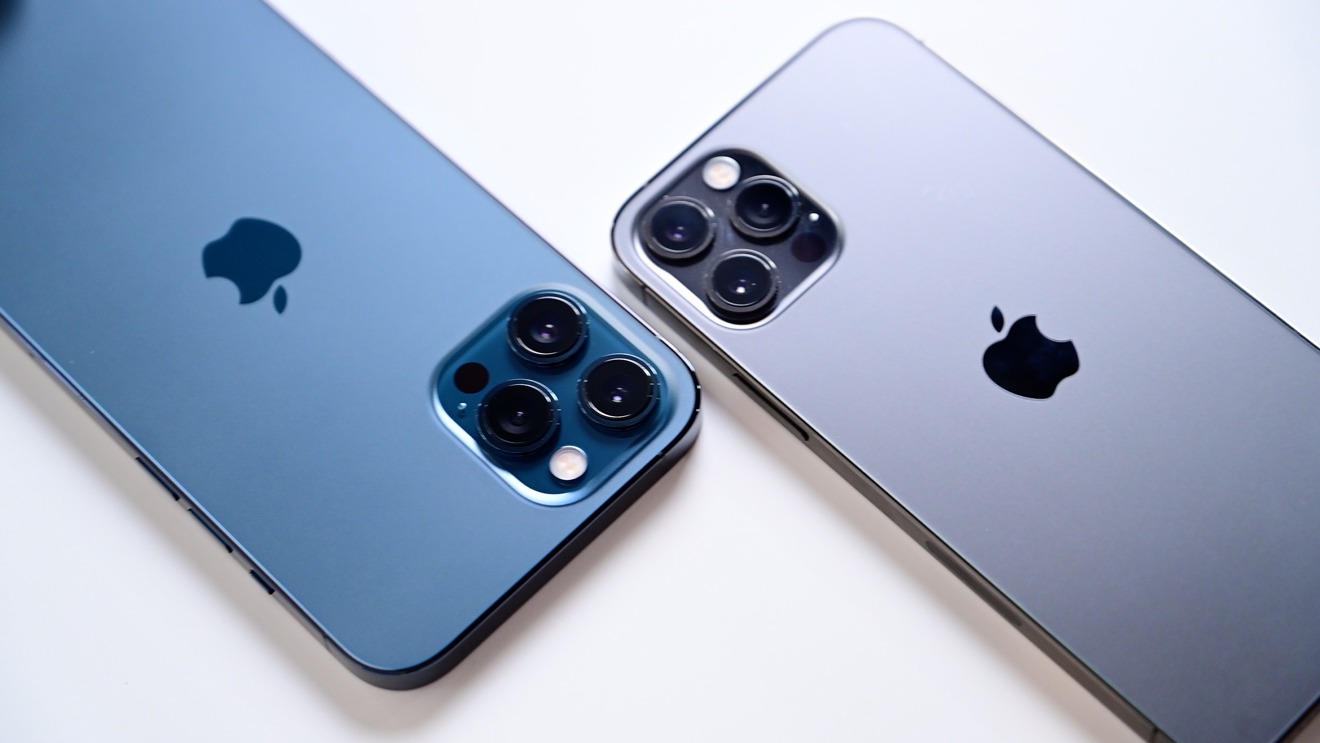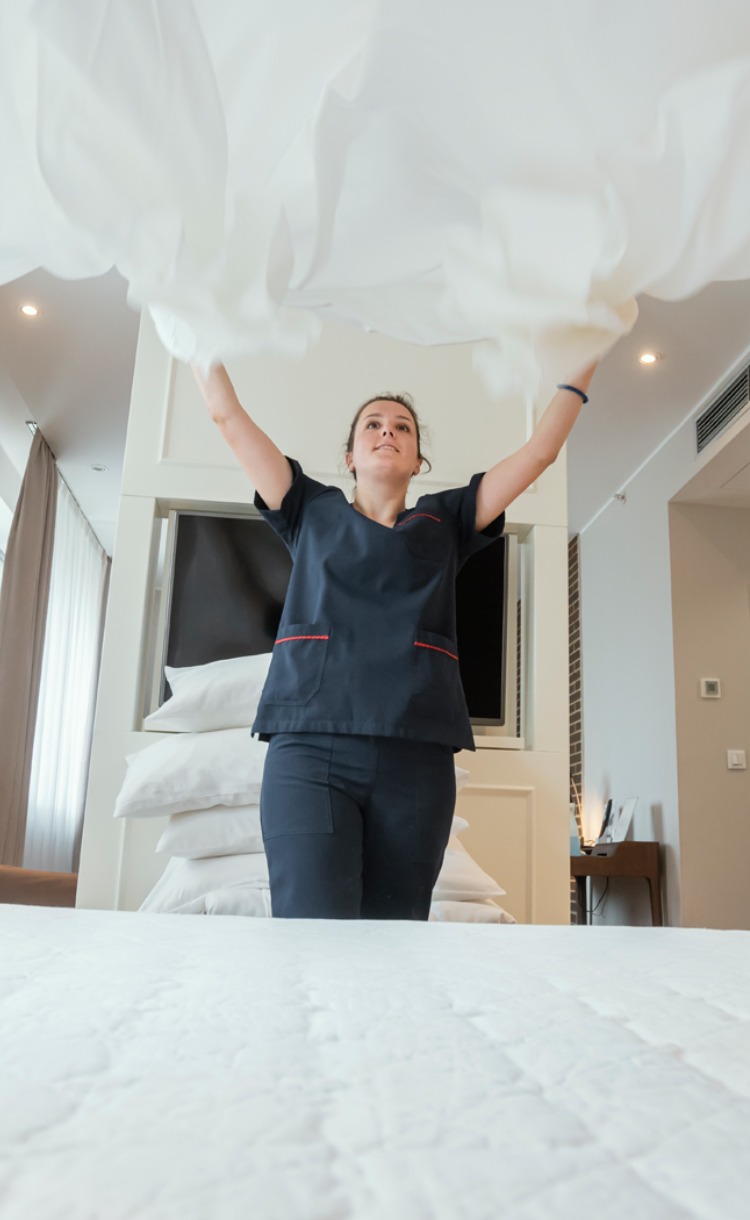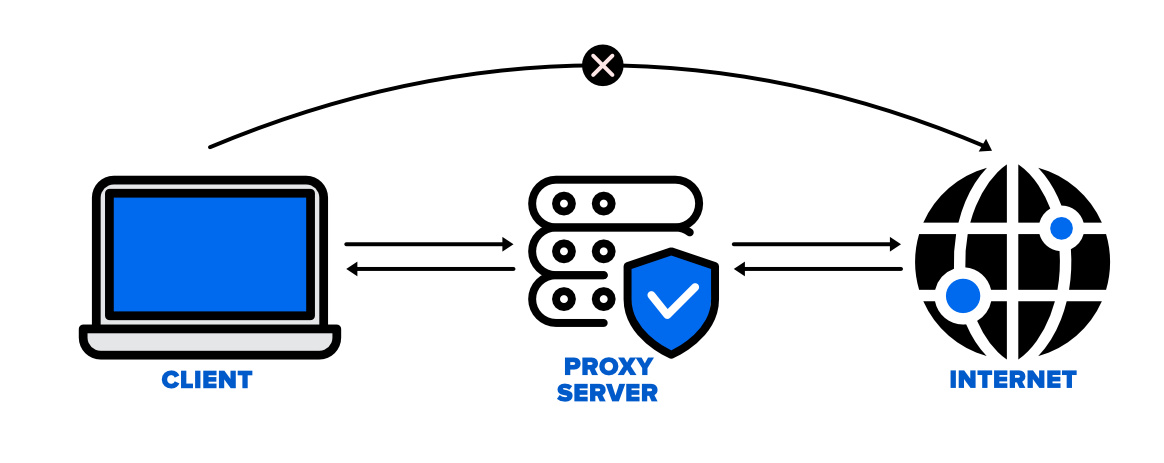Snoring, a common nighttime disturbance that affects millions worldwide, not only disrupts the sleep of the snorer but also their partner’s rest. While often regarded as a minor inconvenience, chronic snoring can have significant impacts on sleep quality, daytime alertness, and overall health. However, in the intersection of innovative science and the quest for peaceful nights, a breakthrough solution has emerged: the anti-snoring device. This unassuming innovation holds the promise of transforming sleep patterns and improving the well-being of countless individuals.

The Science behind Snoring
Understanding snoring is essential to appreciate the significance of anti snoring devices. Snoring occurs due to the vibration of tissues in the throat and nasal passages as air flows through narrowed airways during sleep. Factors such as obesity sleep position, alcohol consumption, and certain medical conditions contribute to this phenomenon. The resulting sound ranges from a gentle hum to a thunderous rumble, often causing disruptions in breathing patterns and sleep cycles.
Innovative Anti-Snoring Devices
The field of sleep technology has responded to the challenge of snoring with innovative solutions that cater to diverse preferences and needs. One such device is the Continuous Positive Airway Pressure CPAP machine. Originally designed to treat sleep apnea, CPAP machines work by delivering a constant stream of air pressure through a mask, keeping the airways open during sleep. While highly effective, the CPAP’s bulkiness and noise level have led to the exploration of alternative options. Among the modern wonders is the mandibular advancement device MAD, a discreet mouthpiece that gently repositions the lower jaw to prevent airway constriction. This device is particularly effective for individuals whose snoring is worsened by sleeping on their back. Similarly, tongue stabilizing devices TSD address snoring by holding the tongue in place, preventing it from obstructing the airway. These devices have gained popularity due to their comfort and ease of use.
Technological Advancements
The technology and sleep science has given rise to smart anti-snoring devices. These devices leverage sensors, algorithms, and smartphone apps to monitor and analyze sleep patterns. They can detect snoring episodes and automatically adjust device settings to minimize disruptions. Moreover, some devices employ positional therapy by gently vibrating when the wearer shifts to a position that promotes snoring, encouraging them to adjust their posture without fully waking them.
The Impact on Well-being
The benefits of anti-snoring devices extend beyond providing a peaceful night’s sleep. Partners of snorers often experience sleep disturbances, which can strain relationships and contribute to their own sleep-related issues. By reducing or eliminating snoring, these devices foster a more harmonious sleep environment, improving both individual well-being and interpersonal relationships. Moreover, addressing snoring can have broader health implications. Chronic snoring is often associated with obstructive sleep apnea, a condition that increases the risk of cardiovascular diseases, hypertension, and diabetes. By mitigating snoring, anti-snoring devices can potentially lower the risk of these serious health issues.
With their potential to enhance sleep quality, strengthen relationships, and even contribute to overall health; these devices exemplify the positive impact of technology on human well-being. As the science behind snoring continues to evolve, we can anticipate even more wonders from this innovative field, offering the promise of quieter, more restful nights for all.





